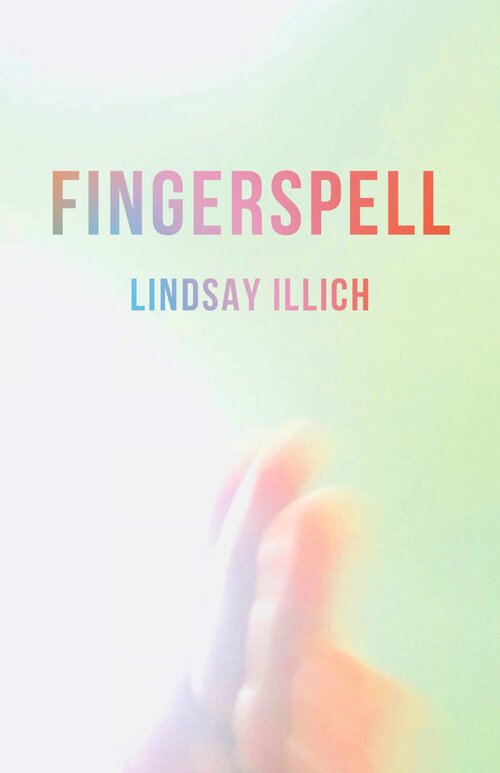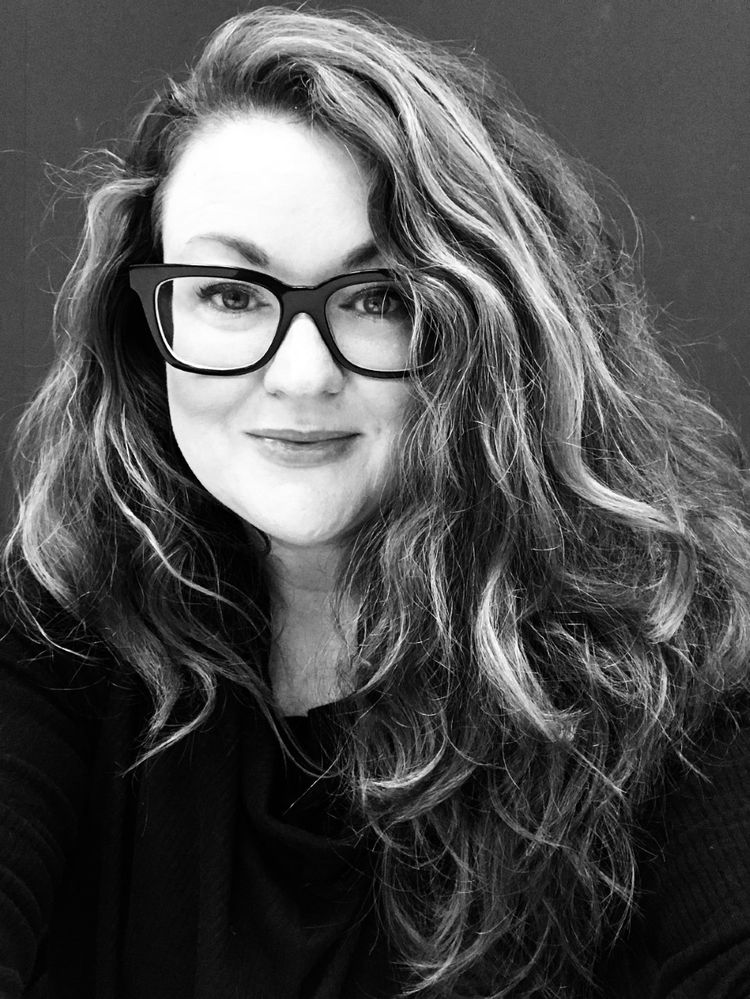When did you first encounter poetry? How did you discover that you wanted to write poems?
Ok, so I need to tell you that a month ago, our house was destroyed in a fire. In my head, I say it like I would as a kid–our house burned down. I needed to start with saying that because I’m in the process of recovering my sense of identity apart from things, our possessions. Doing this work of recovery has brought up so many memories, but I still have no idea when I first encountered poetry. Probably because poetry was like air. Growing up, it felt like it was everywhere around me, so much so that I didn’t notice it at all. There was the ever-present evangelical tradition of my family that emphasized the Word of God and the believer’s relationship to God as one deepened by language in the form of prayer. But also I was a football coach’s kid, so there was that sphere of poetics going on, too—the pep rally talks, the cheers, the expletives of both joy and disappointment. And then more obviously just being in a family of teachers and in the physical presence of books. Plus, I used to swipe romance novels from my mom’s bookshelf way earlier than any person should read those. So language was the medium of mystery and passion, the erotic and the illicit. It felt constituent of experience. So there I was at the University of Texas co-op bookstore as a child—I think before a football game—ostensibly to buy fan gear, when I happened on a little hardback with a purple slipcover titled, A Little Treasury of Love Poems. It wasn’t anything special, a mass-produced Random House anthology of public domain poetry, except that it was everything to me. It had Keats and Browning and Shelley and Shakespeare. I was in love. And that’s maybe what made me want to write poems, because you begin with loving something intensely, the way it makes you feel, and then you consume so much of it that you can’t contain yourself. You want to create the thing you love. (Note: I still had this book before the fire. Just now, I found a copy for $4.19 on a used bookstore site and ordered it.)
Do you have a writing routine? A favorite time or place to write?
Well, I consistently do some annual things—a poem a day in April and sometimes another month, the Sealey Challenge in August, which is technically a reading challenge (reading a book of poems by a woman every day in August, named by its founder, Nicole Sealey). But as a daily practice in the Covid world with two kids at home? Nothing is routine. My writing moves with life, bits swept up in my Notes app, a little notebook attendant beside me, and then if I’m lucky some uninterrupted time. I was able to write yesterday after putting my daughter on the bus for her half-day of school. I was on a yoga mat and remembered how much I loved Cabinet magazine in the early 2000’s, looked up their archive and found an article I remember reading in 2004 about an artist who knits models of the hyperbolic plane. Something about thinking about the hyperbolic plane being the inverse of a sphere—instead of all the edges curving toward each other until they meet, all the edges in a hyperbolic plane infinitely curving out—set me off. I don’t know anymore if I’m ever not writing. But it helped enormously when I was younger to have time/place/frequency constraints to establish a practice. But the point of the constraints is to change you, that eventually you can remove them but your mindbody continues as if the constraints are still in place. Which mine has.

Where do your poems most often “come from”—an image, a sound, a phrase, an idea?
Yes, all those. They come from attention to the world, especially direction, and then you follow that out wherever it takes you. Right now I’m working at a kitchen table opposite my middle schooler who is working on some science (today is his home day). He just mentioned that he’s doing a KWL, which I had never heard of. It’s an acronym that stands for Know-Wonder-Learn. I immediately jotted that down because I think it’s a great starting point for a poem structure: What do I know? What do I wonder? What do I need to learn? Right now, I’m into questions as the starting points for poems. Yesterday I was reading a 2017 interview that Ocean Vuong did with the Independent, and he was talking about the thing he worries about is whether his work matters to people and how he asks himself, “How can we be of service to one another?” That was a question that I took up later in a draft. I understand how all of this sounds very passive, but it actually isn’t. You have to lean hard into wonder. Things don’t occur to me. It’s just a paradox because I don’t know whether I’m pursued by beauty or if I’m in pursuit of it. We are both prey.
Which writers (living or dead) have influenced you the most?
I can talk about who is influencing my right now. Ada Limón because she helped me stop worrying about making a big deal out of everything, because like, that’s the point of what I’m doing actually. Chen Chen for being playful and finding the impossible honey. Heather Christle for trusting the mind’s next thing—”spectacular driveways,/an orange, the vanishing year.” Kaveh Akbar for wonder and unfinished boats. Jericho Brown because I feel the heat of love coming off his poems and he helped me return to goodness. Roger Reeves for helping me stop narrowly thinking of myself as a poet and begin engaging more widely with readers and genres. Emilia Phillips for helping me accept the gift of embodiment. Donika Kelly because there’s always room for one more love poem. I am so blessed and buoyed by the work of these poets. Because I feel so strongly as a writer and a teacher that students should be reading contemporary poetry, I co-authored Teach Living Poets (forthcoming from NCTE in February 2021) with Melissa Smith, the founder of the Teach Living Poets hashtag. Both Melissa and I have witnessed how students connect and respond to timely, relevant poetry written in a language they recognize and understand, so we wrote the book to support teachers who want bring more poetry into their classrooms and diversify their curricula.
What excites you most about your new collection? (Significance of the title? Overarching themes? Process/experience of assembling it?)
Is excitement like terror? I feel like this is my first grown-up book, like me as a woman woman. Not in some essentialist way, but in a full bloom way. Which I guess for me is another way of saying that in Fingerspell I lay bare in the way a woman who has let go of shame does. The title refers to words that you spell out in American Sign Language, words for which no sign exists (usually proper nouns). My daughter has Down syndrome, and because she had speech delays, we learned sign language to help us all communicate. But for me, something else happened. It reconnected language with my body powerfully, and that new awareness of body-as-sign shows up in the poems. This new way of experiencing language and my body showed me how ableism limits our imagination. Before, I thought ASL was a sad substitution for speaking or hearing, but using it changed me
Sample poem from Fingerspell:
HATCHLING
In the morning a thought
like a blue thread
from your satin bomber:
your wrist. Wrist. The sky, alone.
The ribbons inside me
are the ribbons inside you.
The egg pulls air from outside
the shell, the animal heart
beating without being
tethered to a body, without
our strange umbilicus. Until.
A small tap. Then another.
Then a beak, a breath,
then a breaking open
in this broken world.

Lindsay Illich is the author of Fingerspell (Black Lawrence Press, 2020), Rile & Heave (Texas Review Press, 2017), and Heteroglossia (Anchor & Plume, 2016). Rile & Heave won the Texas Review Press Breakthrough Prize in Poetry. She teaches at Curry College in Milton, Massachusetts.
